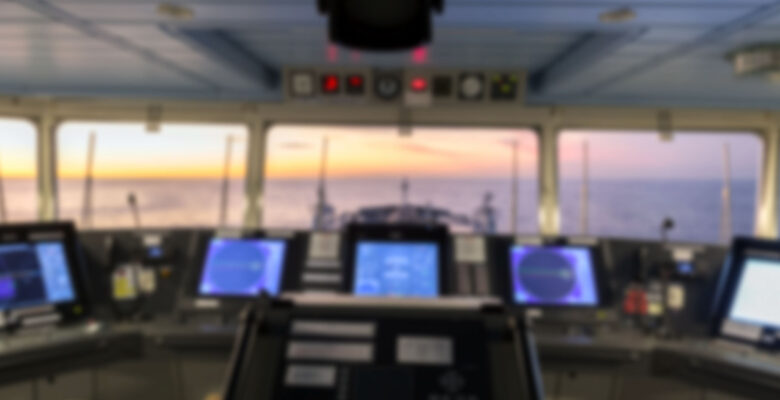
East-West blank sailings
The global ocean freight market is facing significant adjustments as carriers announce widespread blank sailings from Asia to Europe and North America.
Over the next five weeks, 48 cancellations have been confirmed, impacting schedules on Transpacific, Transatlantic, and Asia-North Europe & Mediterranean routes.
Reliability improves despite blank sailings
The cancellations, which account for 7% of the 693 scheduled sailings between 11th November and 15th December, are heavily concentrated on the Transpacific Eastbound trade, making up 58% of blank sailings. The Transatlantic Westbound follows with 29%, while the Asia-North Europe & Mediterranean routes account for 13%.
Among the alliances, OCEAN Alliance and THE Alliance have each announced nine blank sailings during this period, with 2M Alliance contributing four. Non-alliance services play a major role, accounting for 26 of the cancellations, further highlighting the ongoing volatility in the market.
Despite these capacity adjustments, schedule reliability has shown improvement, with 93% of vessels expected to depart as planned in the coming weeks. The 2M Alliance stands out with a 97% reliability rate, demonstrating a relatively stable service amid ongoing disruptions.
Rates rise as carriers adjust capacity
While demand has softened compared to earlier in the year, spot rate indices have seen a 7% week-on-week increase, largely driven by a 19% surge on Asia-North Europe/Med routes. Transpacific rates have remained stable, but Transatlantic rates experienced a slight 2% decline.
Carriers have successfully implemented general rate increases (GRIs) over the past two weeks, supported by capacity cuts. However, sustaining these rate levels could become challenging as the market enters the typically slower year-end slack season. Further rate hikes are expected, particularly on Asia-North Europe/Med lanes, where contract rate negotiations and spot rate fluctuations are heavily influencing long-term pricing agreements.
Impact of trade policy and market dynamics
In the Transpacific market, potential shifts in U.S. trade policy could create short-term demand spikes. Importers may accelerate shipments ahead of anticipated tariff changes, putting upward pressure on rates and tightening capacity further.
While demand for ocean freight is likely to soften towards the end of the year, the combination of blank sailings and unpredictable peak season dynamics continues to complicate planning for shippers.
With additional blank sailings potentially on the horizon, the market remains volatile and challenging to navigate. Shippers are encouraged to plan ahead, share forecasts, and collaborate closely with us to secure space on vessels and maintain supply chain efficiency.
We are monitoring market developments closely and are committed to supporting shippers through these uncertain times. To discuss tailored solutions for your ocean freight needs and ensure stability in your supply chain, EMAIL Colin Redman today.
